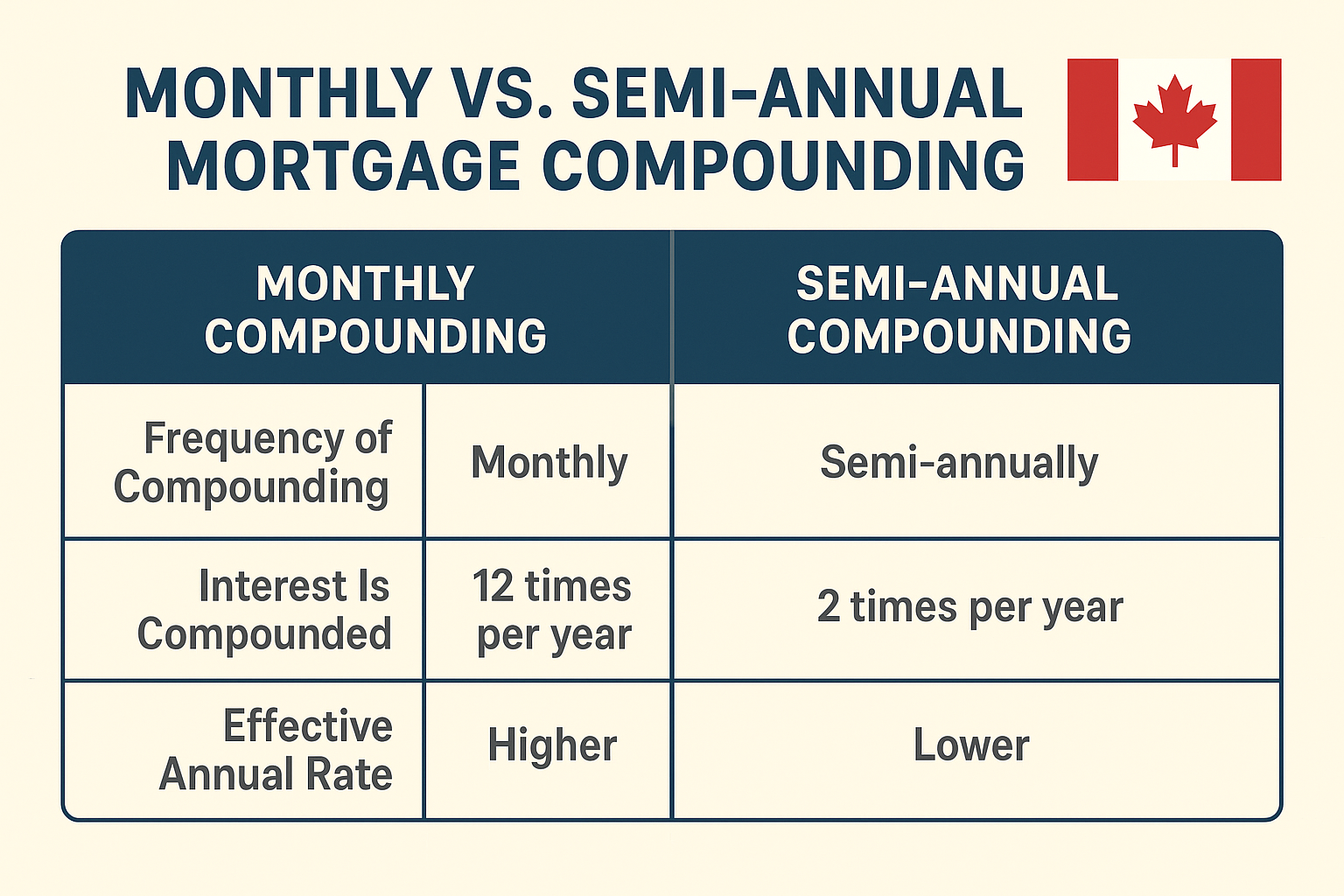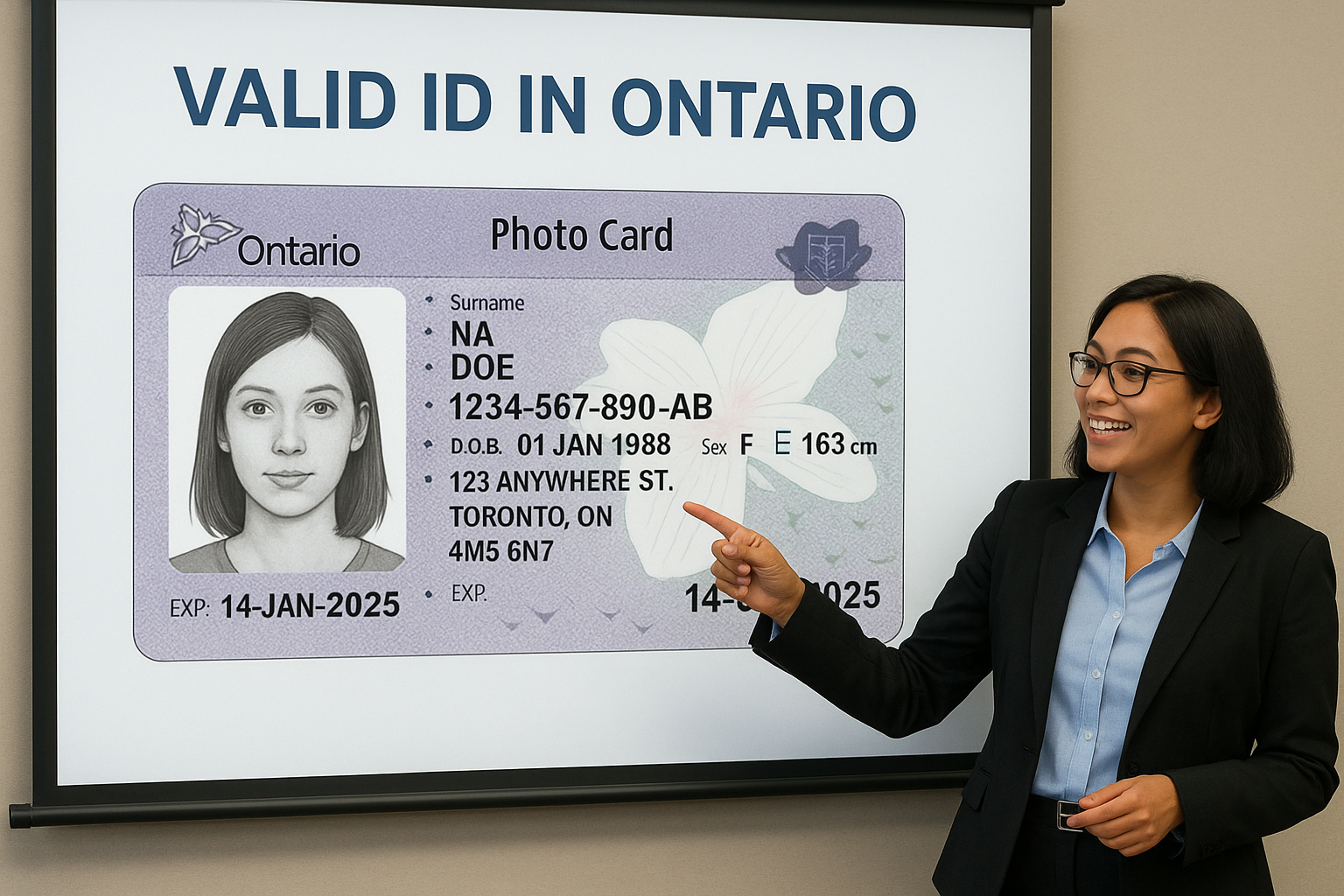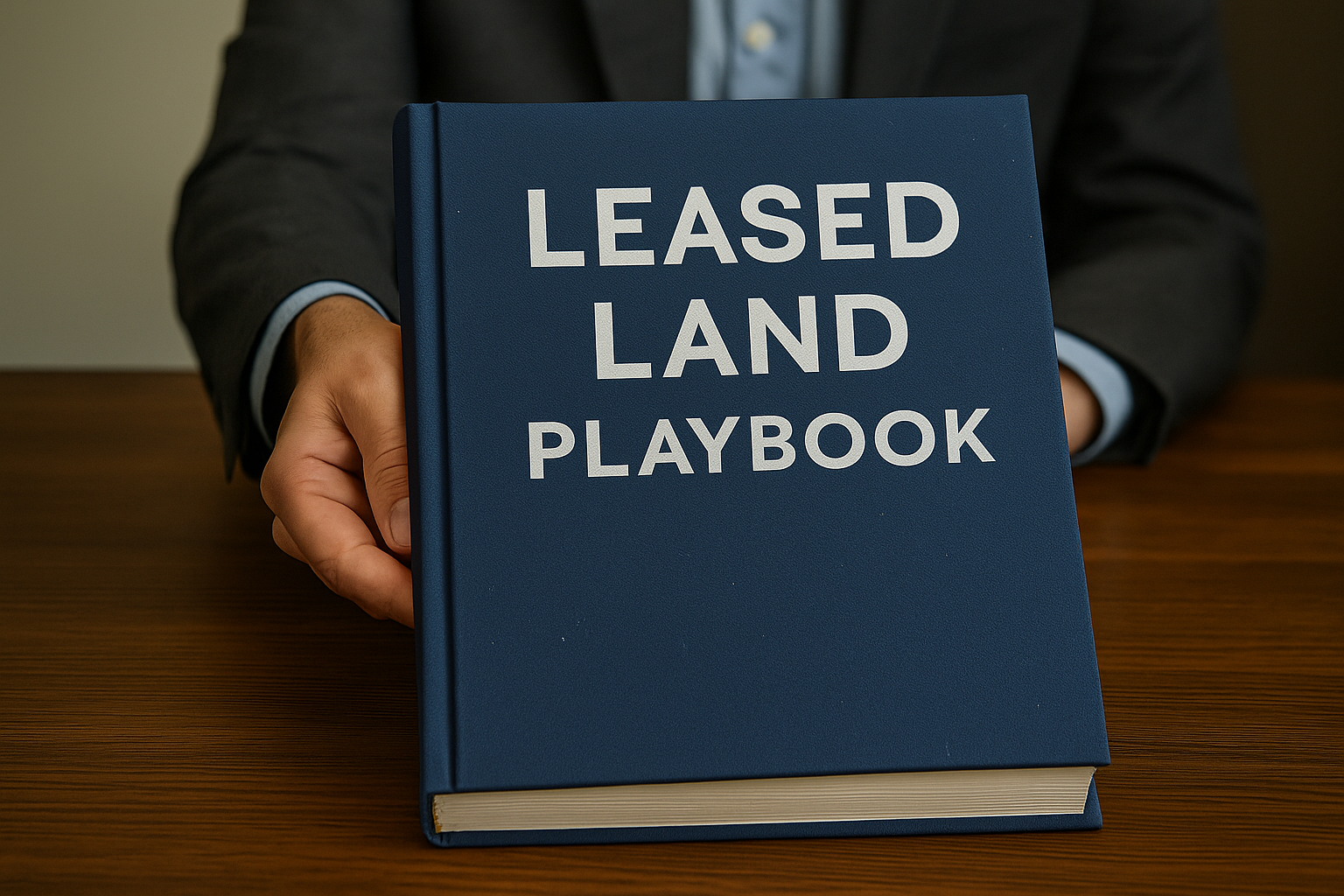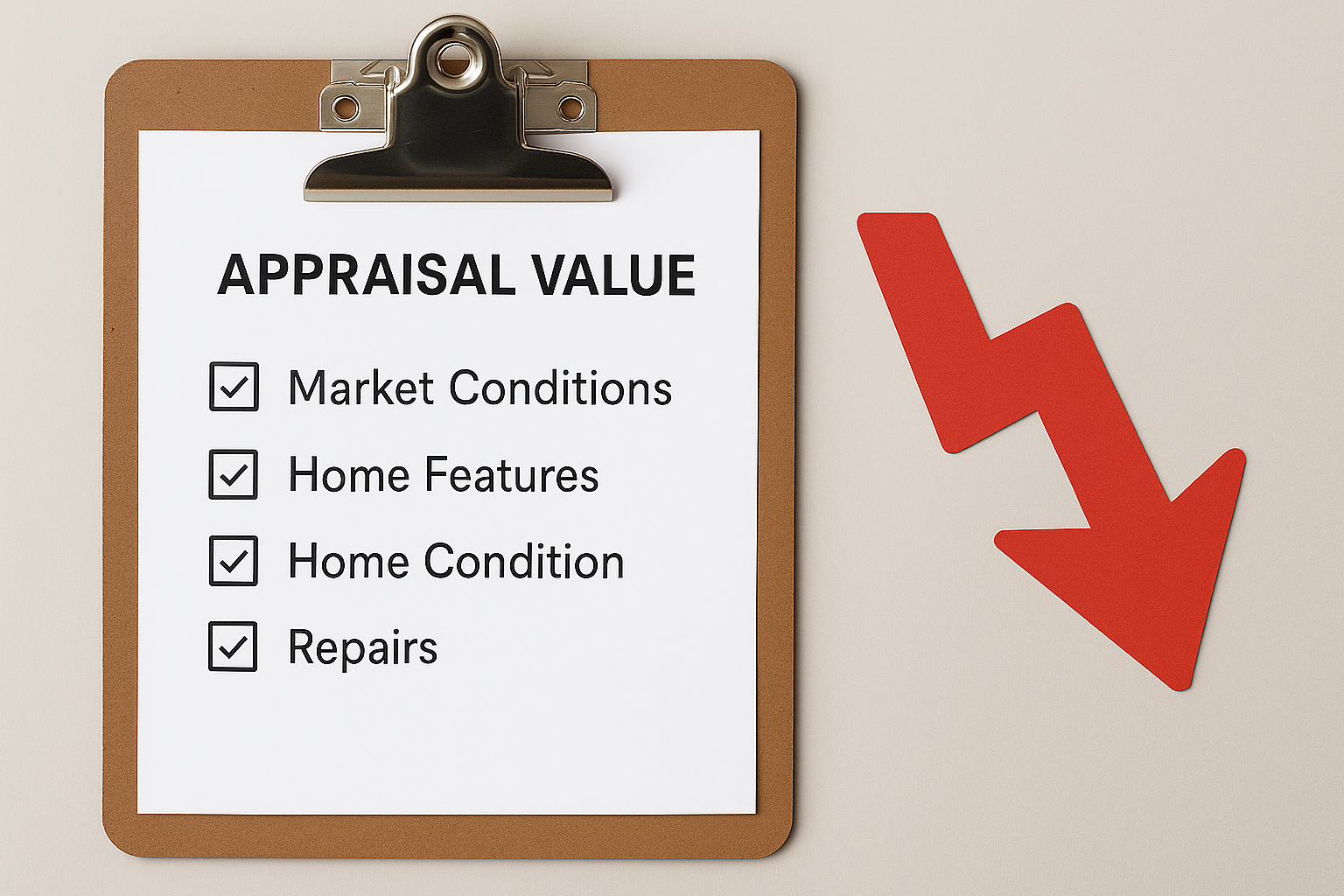Table of Contents
ToggleIntroduction
Past-due collections and WRITS can create financial stress for homeowners in Canada. If unresolved, they can lead to property seizure, credit damage, and difficulty refinancing. However, solutions such as refinancing and home equity loans can help resolve these issues provided homeowners act quickly. This guide explains what WRITS and collections are, their impact, and available solutions for homeowners.
Understanding WRITS and Past Due Collections in Canada
What is a WRIT?
A WRIT is a court order that allows creditors to enforce a debt judgment by placing a charge against a debtor’s property. This legal claim ensures creditors can recover unpaid funds.
Differences Between WRITS, Liens, and Judgments
- WRITS: Legal claims filed by a creditor after obtaining a court judgment.
- Liens: Secured interests in a property due to unpaid taxes, mortgage defaults, or contractor debts.
- Judgments: Court decisions confirming a debt is owed, which may lead to a WRIT being issued.
How a WRIT is Issued
A WRIT is issued when a homeowner fails to repay a significant debt, such as credit card balances, personal loans, or tax arrears. For example, if a homeowner falls behind on credit card payments, the creditor may take legal action and obtain a judgment. If the debt remains unpaid, the creditor can file a WRIT of execution against the homeowner’s property, preventing refinancing or selling until the debt is settled.
Consequences of Unpaid WRITS
- Home seizure or forced sale
- Credit score damage
- Limited refinancing or new credit options
- Most lenders require the outstanding balance to be repaid before approving new financing, reducing options for homeowners seeking relief.
How Past Due Collections Affect Homeowners
How Collection Agencies Work
When debts become delinquent, creditors may transfer them to collection agencies, which attempt to recover the debt through calls, letters, or legal actions.
Legal Actions Creditors Can Take
Creditors may:
- File lawsuits to obtain a judgment
- Register a WRIT against a borrower’s property
- Seek wage or bank account garnishment
Impact on Credit Score
A collection account on a credit report lowers the score and remains for up to seven years, making it harder to obtain loans or any other financing.
Options for Removing a WRIT or Clearing Past Due Collections
1. Paying Off the Debt in Full
- Leads to immediate WRIT removal
- May improve credit score
2. Negotiating a Settlement
- Creditors may accept reduced lump-sum payments
- Legal agreements ensure WRIT removal upon payment
3. Refinancing with a Private Lender
- Traditional banks may reject borrowers with WRITS
- Private lenders assess home equity rather than credit score
4. Using Home Equity to Pay Off WRITS
- Allows homeowners to settle legal claims
- Helps prevent foreclosure and further credit damage
Using Home Equity Loans to Settle WRITS
How Home Equity Loans Help
Home equity loans provide a lump sum to clear past due collections, including:
- Credit card debt
- CRA tax arrears
- Outstanding WRITS and judgments
Loan-to-Value (LTV) Considerations
Lenders typically allow borrowing up to 80% of the home’s value. The existing mortgage balance and WRIT obligations must fit within this limit.
Why Private Lenders Are a Good Option
- More flexible approval criteria
- Faster processing times
- Willingness to work with homeowners facing financial hardship
Refinancing Options for Homeowners with WRITS
Banks vs. Private Lenders
- Banks: Require high credit scores and a clean credit history including consistent repayment.
- Private Lenders: Focus on home equity and the ability to repay or have an exit strategy.
Best Refinancing Options for High-Risk Borrowers
- Home equity loans
- Second mortgages
- Private mortgage refinancing
FAQ Section
- What is a WRIT in Canada, and how does it affect homeowners?
- A WRIT is a legal claim on a property due to unpaid debts. It can block refinancing and lead to asset seizure.
- Can a WRIT be removed without paying the debt?
- Only in cases of legal errors or creditor agreement to remove it.
- How does a WRIT impact my ability to refinance?
- A WRIT typically must be paid before or during refinancing.
- Are private lenders willing to finance homes with WRITS?
- Yes, but terms may be stricter, with higher interest rates.
- What’s the difference between a lien and a WRIT?
- A lien is a secured claim (e.g., unpaid mortgage). A WRIT is a court-ordered debt enforcement.
- Can I negotiate a settlement for a WRIT?
- Yes, many creditors accept reduced payments.
- How long does a WRIT stay on my property title?
- Until the debt is cleared or legal action is taken to remove it.
Conclusion
Ignoring past due collections and WRITS can lead to serious financial consequences. Homeowners should explore refinancing options, home equity loans, and private lending solutions to resolve debts efficiently. Consulting with a mortgage expert can help homeowners find the best available solutions to protect their property.
- Title Insurance: Proven Homeowner Protection in 2025 - July 8, 2025
- ID Requirements for a Mortgage in Ontario: What You Need to Know - July 2, 2025
- Low Appraisals: Steps Canadian Homeowners Can Take - June 27, 2025






